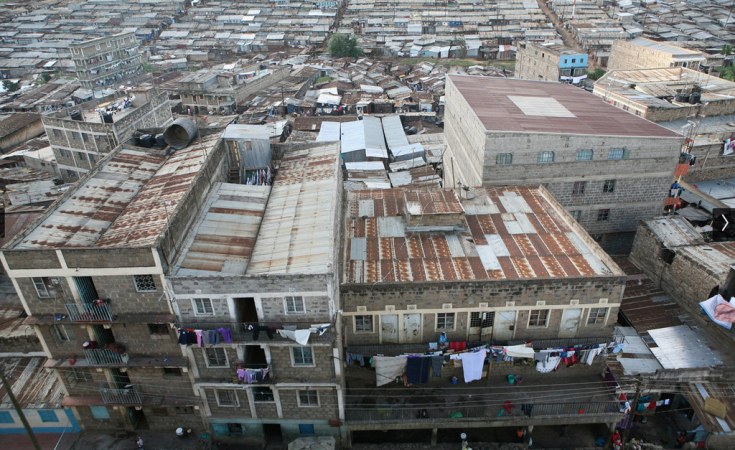African ministers are prioritizing stakeholders' collaboration on innovative solutions for Africa's urban future and advocating for national development policies and institutional enhance urban resilienceand drive economic growth.
Ethiopia's Urban and Infrastructure Minister, Chaltu Sani, highlighted the country's shift in urbanization, transforming cities from poverty centers to symbols of African prosperity. She emphasized a focus on climate resilience through green innovations and developing human-centered infrastructure.
"Ethiopia's urban growth rate of 5.4% shows both the dynamism of our population and the challenges we face, such as infrastructure deficits and inadequate housing," she stated, advocating for turning these challenges into opportunities.
While the rapid expansion of cities signifies progress, it also presents challenges such as infrastructure deficits, inadequate housing, and strains on essential services. Minister Chaltu suggested that these challenges could be transformed into opportunities for development.
She also noted that the forum is not merely a meeting but a call to action for policymakers, urban planners, development partners, and community leaders to collaborate and innovate. With urban economies and transformations expanding, collective efforts are crucial to address Africa's urban challenges.
Kenya's Ambassador to UN-Habitat, Grace Okara, underscored the forum's importance in reaffirming commitment to Agenda 2063, with Kenya's urban population expected to grow from 31.2% in 2019 to 50% by 2030. She noted urbanization's potential to drive growth and shared prosperity despite challenges like infrastructure strain.
"Despite these challenges, urbanization is a positive force with the potential to harness structural transformation and accelerate growth and shared prosperity," she added. Kenya has made significant strides through government initiatives, strategies, and private partnerships to address urbanization challenges, including the Affordable Housing Program, a revolutionary initiative to provide Kenyans with access to decent homes.
South Africa's Human SettlementsDeputy Minister,TandiMahambehlala, indicatedthat Africa's rapid urbanization has led to 60% of the urban population living in slums. She stressed the need for productive cities that offer economic opportunities for all.
"Reducing poverty and upgrading informal settlements will not be possible unless cities are productive and efficient, providing economic opportunities for the poor to build assets and incomes," she emphasized. Properly managed urbanization can support cultural changes and the structural transformation of Africa.
Ambassador Hassan El-Laithy (PhD) from Egypt's Ministry of Housing, Utilities, and Urban Communities mentioned the forum as a milestone for implementing Africa's new urban agenda, briefing his country's initiatives in housing and community development.
"This framework symbolizes a united commitment to tackling pressing issues and seizing opportunities brought by rapid urbanization," he said. Aligning with national strategies, Egypt has implemented policies and programs to address housing issues through subsidized housing and community development projects. He also underscored the importance of digital inclusions and technologies to enhance the efficiency and sustainability of urban services.
Somalia's Public Works, Construction, and Housing Minister, Abdisalam Abdi,called for collaborative efforts to address urban challenges, stressing the need for inclusive and sustainable urban development across Africa. The minister also indicated that cities and settlements are hubs for cultural and economic activities and modernizing infrastructure and simplifying housing finance is vital for urban development.


